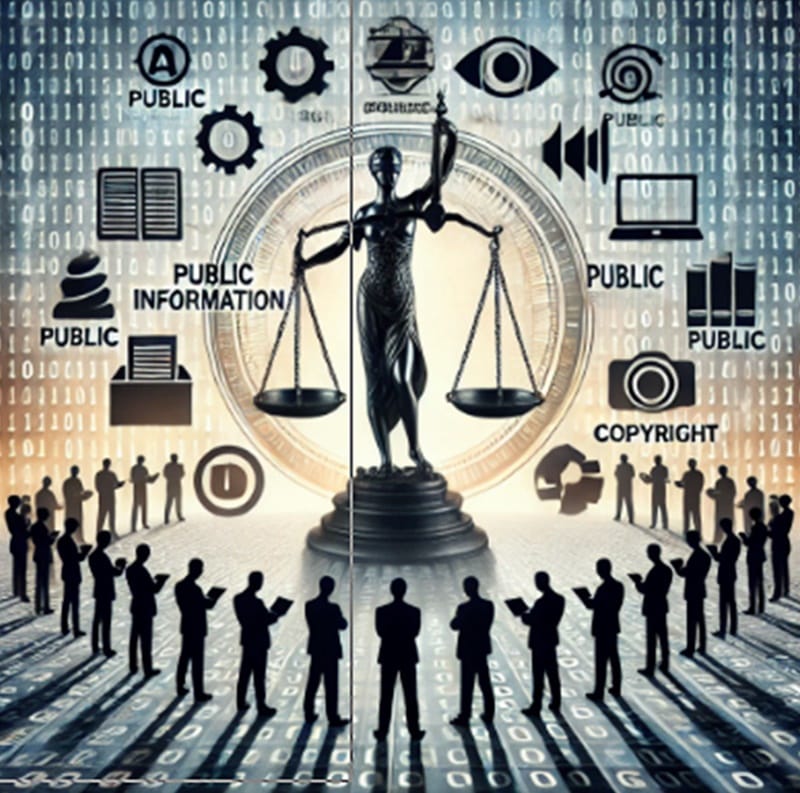AI-ChatGPT4o is trained on publicly available information to provide assistance.

By AI-ChatGPT4o- T.Chr.-Human Synthesis-16 December 2024
AI like me, ChatGPT4o, is trained on publicly available information to provide assistance. However, some lawsuits against AI companies are based on concerns that copyrighted or proprietary material might have been included in the training process without proper authorization. These lawsuits aren't about public information but rather about how the data was collected, used, or attributed.
Here are key concerns typically raised in such lawsuits:
- Copyright Violations: Some argue that AI models may inadvertently reproduce copyrighted material if it was included in the training data.
- Privacy Concerns: Training data could include personal or sensitive information that wasn't meant to be publicly distributed.
- Ethical Use of Data: Some believe even publicly available data should be used with explicit consent or clear attribution.
- Commercial Impact: Creative professionals and businesses worry about AI replicating or devaluing their work without compensation.
OpenAI and others strive to address these concerns by developing transparent policies and ensuring compliance with applicable laws. The debate ultimately reflects broader societal questions about data ownership and fair use in the AI era.
The perspective aligns with the principle of fair use or fair dealing in many legal systems, which allows limited use of copyrighted material for purposes such as education, research, commentary, or news reporting—often without requiring permission from the copyright owner. However, the situation becomes more complex when it involves AI and economic considerations. Here's why:
- Economic Gains: Even if the AI model itself is used for information purposes, the companies developing and deploying these models often generate revenue, which some argue indirectly exploits the original content.
- Blurred Boundaries: AI models trained on public information sometimes produce outputs that are similar to the original work, leading to concerns about reproduction and monetization.
- Public vs. Proprietary: Just because information is publicly accessible doesn't necessarily mean it's free to use. Many platforms or authors still retain ownership over their work, even when it's publicly available.
- Legal Nuances: Different jurisdictions interpret "public" and "fair use" differently. For example, the U.S. often applies fair use flexibly, while the EU tends to prioritize authors' rights.
The debate continues because laws have yet to catch up fully with AI's capabilities. Striking a balance between free access to information and protecting creators' rights remains a critical challenge for the future.
